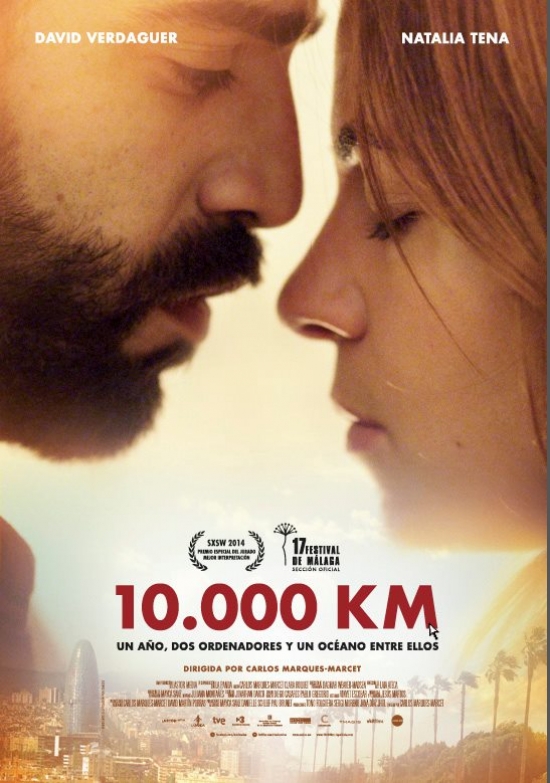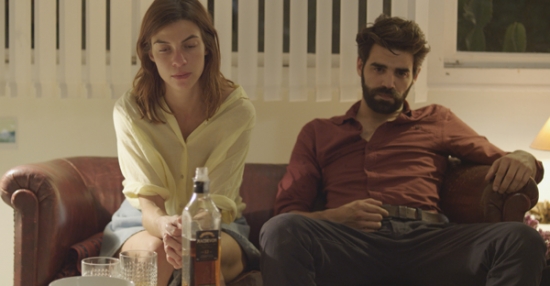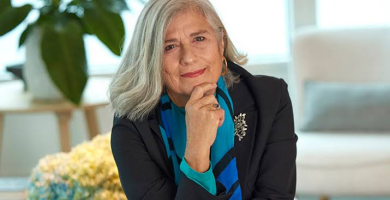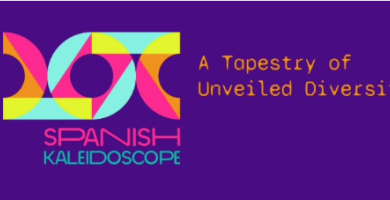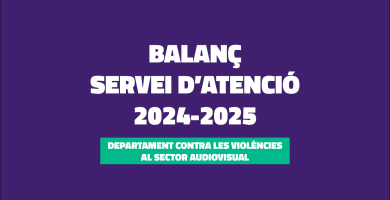
We interviwed Tono Folguera!
After the success of 10.000KM (Long Distance) at the Spanish Film Festival of Malaga, and also at SXSW, we have interviewed its executive producer.

After the success of 10.000KM (Long Distance) at the Spanish Film Festival of Malaga, with five Bishop’s Weeds including the one for best film, and also at South by Southwest Festival of Austin where it received the Special Jury Recognition, we have interviewed its executive producer, Tono Folguera.
Executive producer of documentaries, some of which are well known, such as Arrugas, awarded with the Gaudí for the best animation film and the Goya for best adapted screenplay in 2012; or Bicycle, Spoon, Apple, awarded with both the Gaudí and the Goya as the best documentary film in 2011. In the following lines, he tells us about his experience filming in very different cities from each other, suvh as Barcelona and Los Angeles, and also about working with the Film Commission.
As a producer, what do you expect from a Film Commission?
Maximum ease in the shooting permit process, rapid responses and, when necessary, help to find solutions regarding locations. And ultimately, to be a partner who helps us to have the minimum possible filming surprises.
Also it has to be a tool to attract productions from abroad to our territory, Catalonia in this case, since foreign productions are essential to empower the field of Service Companies. It is a clear source of income for the city and it creates employment, as well as it's useful to gain valuable experience by our technicians, actors, production companies and producers, who after working for international productions, will then implement the knowledge in our national productions.
What makes you choose between one city or another for a movie?
The first parameter is obviously the script, trying to be as faithful as possible to the proposal story. But with the current situation of the Spanish industry, we have to find the locations that offer better conditions, we need to evaluate the costs, and also, we try to group in the same area the maximum possible number of locations.
And for medium to large budget productions, its is becoming more and more definite the tax incentives, the remission of taxes or the direct support. This will be what will determine the final decision to choose the city for a shooting.
We can have a very pretty the town, facilitate the processing of permits, and have the best industry, but without incentives we will never be able to compete with territories like Canada, Los Angeles or now the Canary Islands, which have better tax incentives.
10,000 KM was mostly shot in an interior location. Even so, in your experience, what do you think are the advantages and disadvantages of shooting in Barcelona?
Barcelona is a superb set for filming; we can find a great variety of landscapes, streets, parks, mountains, beaches, flats, houses or shops that you can hardly find in other cities. On a technical and service staff level, we have nothing to envy for other cities from Europe. Moreover, Barcelona has an added plus: it's a pleasure to travel to this city. When you say Barcelona there's no one too lazy to come.
This is more important than it seems!
Comparing Barcelona with Los Angeles, the quintessential film city film, what do we have to learn from them? Or at what do we overcome them with?
Obviously we are playing and we will be always playing in completely different leagues.
You cannot really compare these two cities, but if I have to do it, I think that we, in Catalonia, still have to learn from them the belief that cinema is one of the most profitable businesses in a city. As I said before, in Barcelona we have everything to become one of the main destinations in Europe, but the public institutions and the citizens of Barcelona have to assume that the benefits that shootings bring to the city are outweigh of the disadvantages that they entail.
This film is a co-production between the Catalan Lastor Media Production company and the American, The Panda. What role does your American partner play in it?
It helped us greatly to be more courageous and ambitious when considering the cast. They were crucial to incorporate Natalia Tena and then, with the film ready, they have been instrumental helping us reach a great international distribution plan. Long Distance, a Catalan film shot in Barcelona in Spanish and Catalan, will be commercially released in the United States. It's a combination that has worked and we will repeat for sure!




